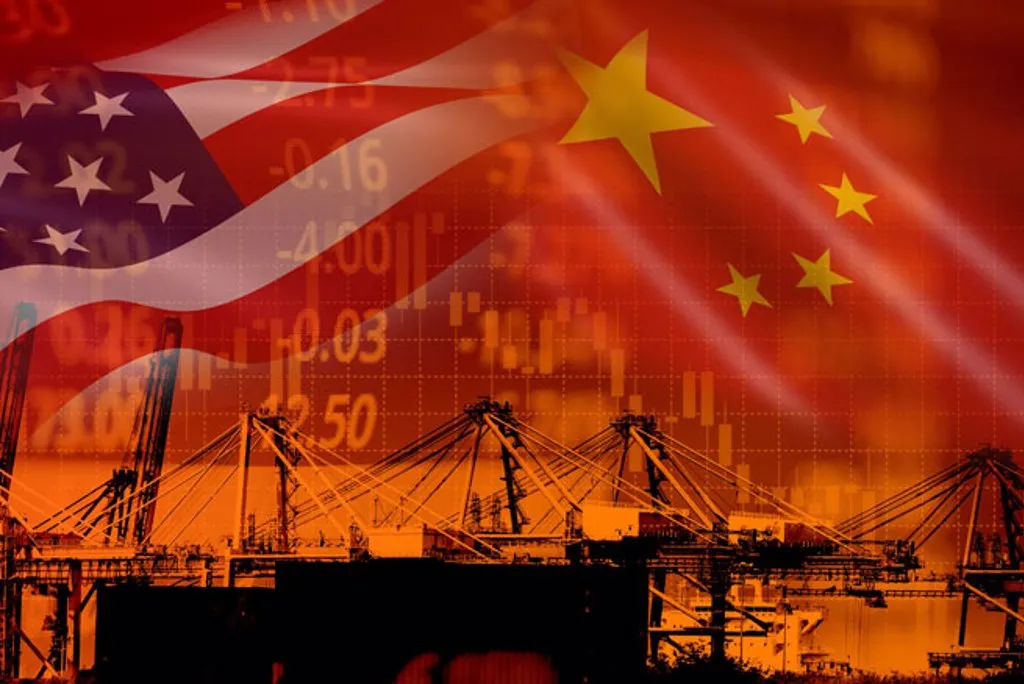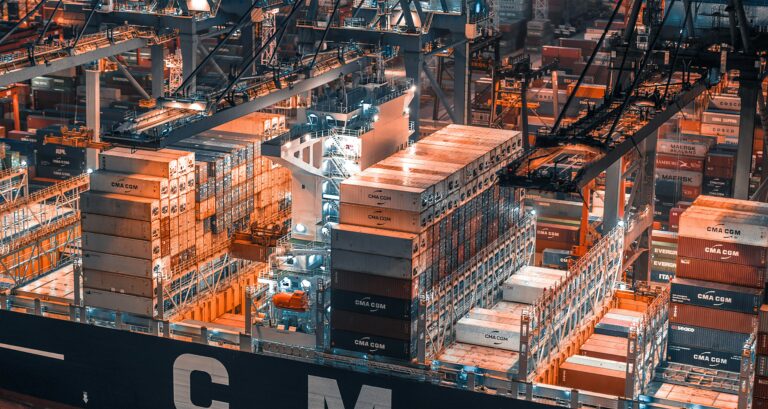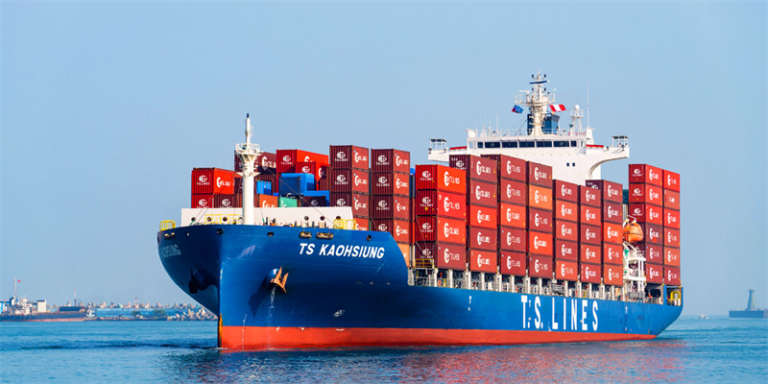U.S. imposes 25% tariffs

The Office of the U.S. Trade Representative (USTR) said that effective September 27, tariff rates on Chinese-made electric vehicles will be increased to 100%, solar cells to 50%, electric vehicle batteries, key minerals, steel, aluminum, masks, and shore bridges to 25%, and tariff increases on other products, including semiconductor chips, will also take take effect.
Reuters said the move signaled the end of the Biden administration’s two-year review of tariffs for which former U.S. President Donald Trump was responsible, and also represented the current President Joe Biden essentially maintaining the previously announced tariff hikes.
In addition to the aforementioned significant tariff hikes on goods, the current U.S. administration has retained Trump’s 7.5-25 percent tariffs on more than $300 billion worth of Chinese goods. However, the move is also seen as a sign that the US government has largely ignored the industry’s call for tariff reductions.
A number of relevant US industries and some legislators have expressed opposition or protest against the tariff hike. Among them, many U.S. ports are concerned that the 25% tariff increase on Chinese ship-to-shore cranes will further reduce the speed of upgrading U.S. ports and the efficiency of throughput of goods.
However, according to the Port Circle, the Chairman of the U.S. House Select Committee on Chinese Communities, the Chairman of the Committee on Homeland Security, and the Chairman of the Subcommittee on Transportation and Maritime Security released a joint investigative report on Thursday (September 12), disclosing what the three Republican lawmakers described as “a growing threat to the U.S. economy and national security.” The report focuses on security risks to U.S. port infrastructure, with a particular focus on ZPMC’s cranes.
In addition, on Friday (Sept. 13), Republican U.S. Rep. Michelle Steel of California submitted legislation to Congress to prevent America’s major adversaries from managing U.S. ports through their state-run enterprises. She argues that these countries’ state-run enterprises have the potential to harm U.S. supply chains when they manage critical U.S. shipping infrastructure. The bill would prohibit companies wholly or partially owned by state-owned enterprises from China, Russia, North Korea and Iran from operating or managing U.S. ports.





